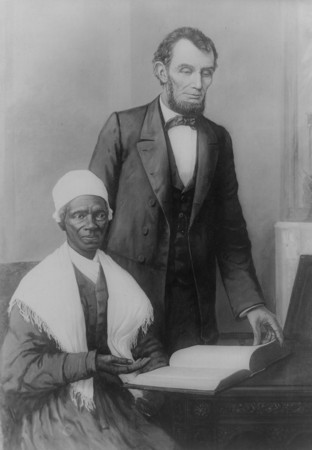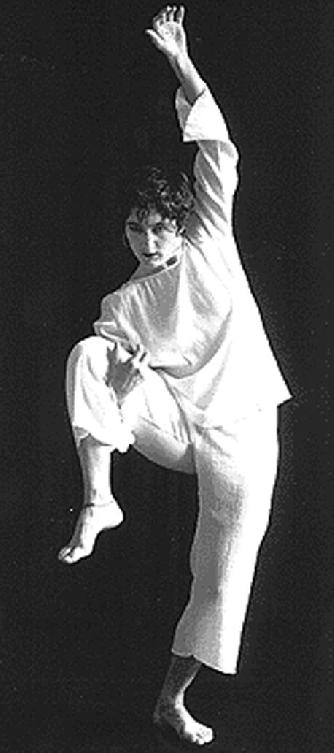UPDATE: An astute colleague pointed out this morning that I’d foolishly missed the symbolic importance of yesterday’s election result. As any compelling narrative might, President Obama’s election saga has the possibility of altering and re-orienting our personal stories in a way that changes our relationship to the civic sphere of things, to our self-government, she said. I don’t disagree with her, and consider that the hopeful part of yesterday, though perhaps it suggests another post on the power of the story in politics.
 Well then. National elections are never of a piece. The creepiest “political” position can find some company somewhere if it knows where to look. Even on an Obama night. Even in Oregon returns. Maybe especially in Oregon returns. One election can’t eliminate the rot in the system, the rot in our politics, the rot that may yet undo us. Sorry. It just has to be said.
Well then. National elections are never of a piece. The creepiest “political” position can find some company somewhere if it knows where to look. Even on an Obama night. Even in Oregon returns. Maybe especially in Oregon returns. One election can’t eliminate the rot in the system, the rot in our politics, the rot that may yet undo us. Sorry. It just has to be said.
And on that count, I disagreed with President Obama’s victory speech. This election wasn’t a demonstration of the strength of our democracy — maybe a spasm that shows that we haven’t extinguished it completely, but hardly a demonstration of strength. An election is the easy part, and the most easily distorted. The day-to-day effort to apply the wisdom, true wisdom not lizard-brain reaction, of the people to our day-to-day problems, that’s the hard part.
In this morning’s Oregonian, Steve Novick, whom I admire, said that the first step to addressing the major challenges that face us is to “do a better job of explaining to people what the problem is.” I agree with that, and I would add that the people can do a lot of the explaining themselves: They just need a forum for their own explanations, and then for their solutions. And I would suggest that the solutions to the biggest problems (Novick lists health care reform, global warming, and big deficits; my list would be different), which are enormous and impossibly complex, might be found at ground level, where ordinary people can find them and do something about them. The smartest talk I’ve heard about sustainability hasn’t come from political leaders; it has come from people working to improve the technology and then working to apply that technology.
I’m not really saying that “now the hard part begins.” No. The hard part has been going on for a long time. We just haven’t been doing very well at it, and to me that’s the biggest problem: Why have we governed ourselves so poorly? How do we fix that? Every day is a good day to think about it, not just the day after an election.









